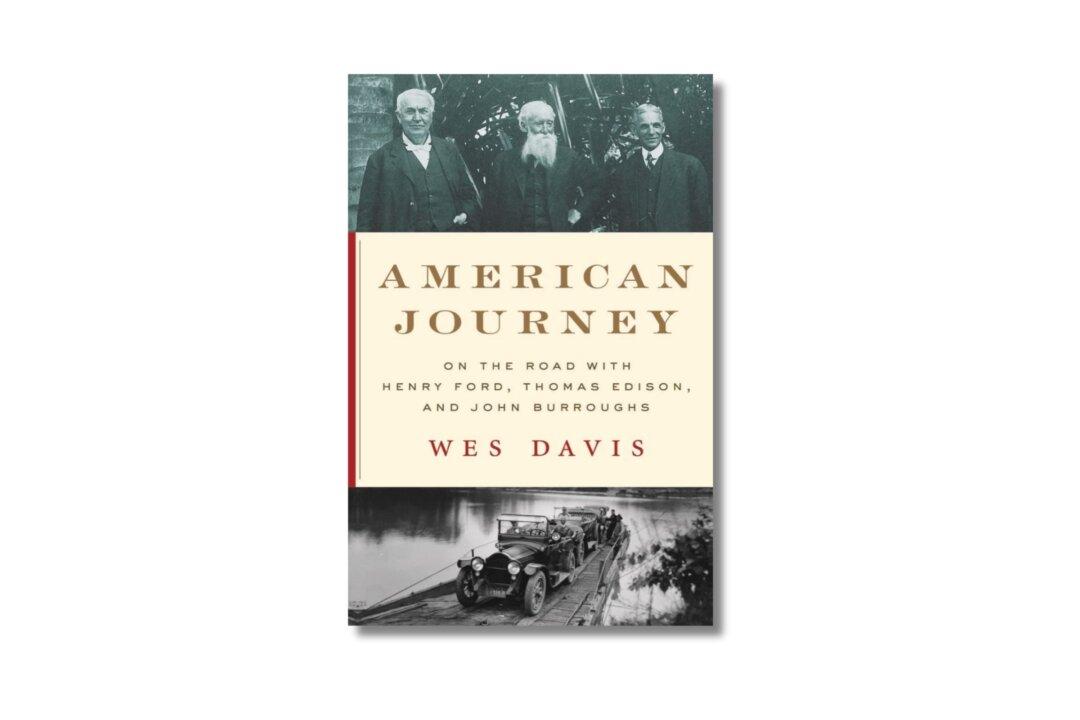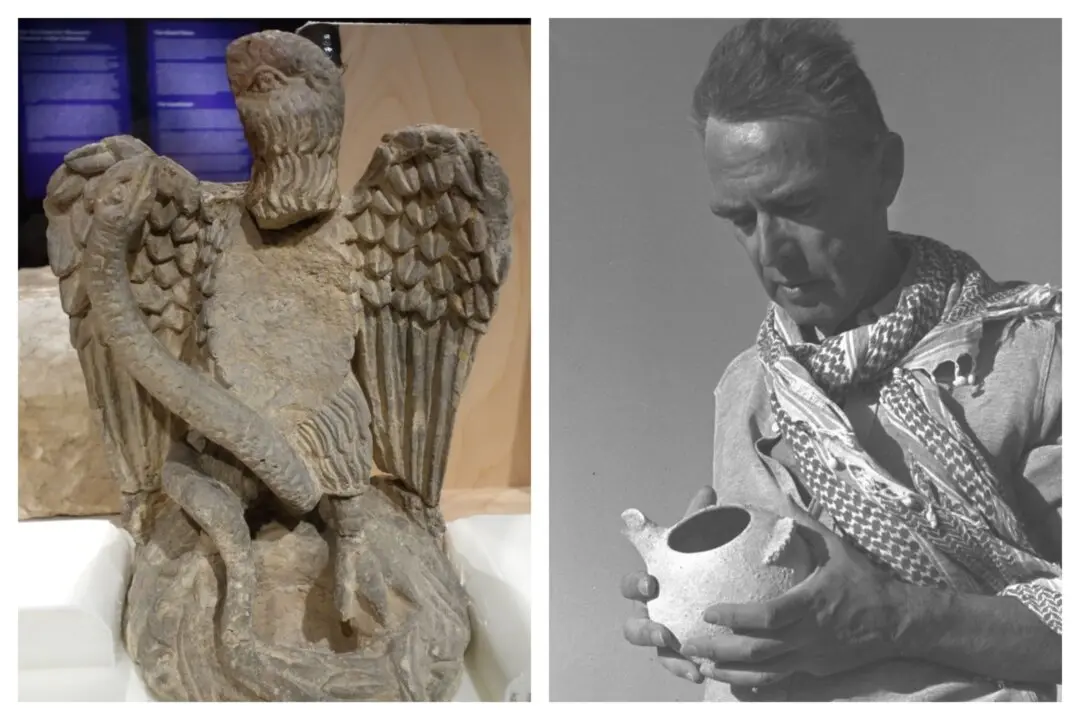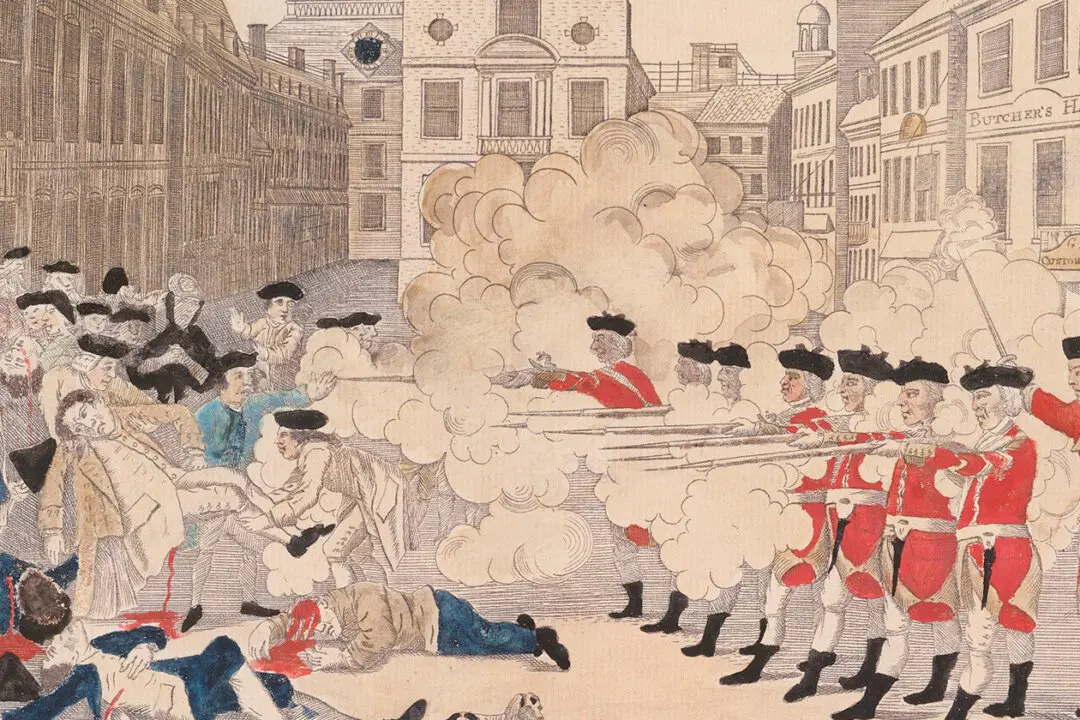An industrialist, an inventor, and a naturalist all pile into one vehicle for a road trip. It sort of has the makings of a humorous anecdote. In fact, that is practically what Wes Davis’s new book, “American Journey: On the Road with Henry Ford, Thomas Edison, and John Burroughs,” is―excepting that its form is a bit longer.
Ford, Edison, and Burroughs bestowed gifts on Americans through their innovation, ingenuity, and passion for people and nature. Mr. Davis has regifted them in a form that readers have most likely never seen―poetically as fellow travelers, or in more modern terms, road-trip buddies.






